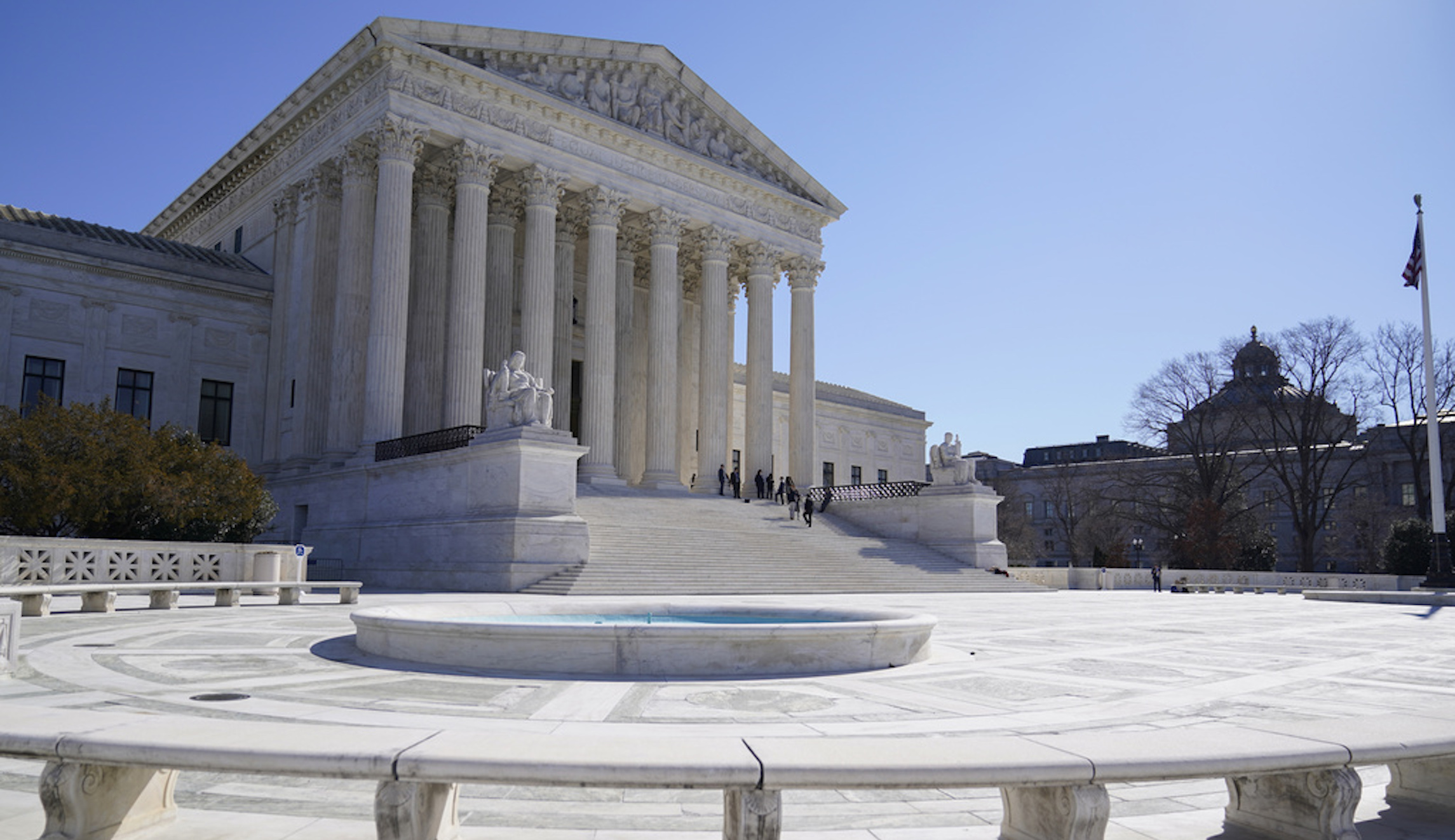

The Supreme Court announced Monday that it will hear arguments on March 18 in Murthy v. Missouri, a major case involving free speech, government agencies, and social media that could have monumental implications for content moderation.
The case deals specifically with whether or not federal agencies indirectly encouraged social media platforms like Facebook and X (formerly known as Twitter) to take down posts on the basis that they contained false information about COVID-19. The case could set a significant precedent around social media and how much communication is allowed between federal agencies and tech companies before the speech becomes coercive.
Louisiana-based U.S. District Judge Terry Doughty issued an initial order in July limiting the federal government’s communications with social media companies after the plaintiffs provided sufficient evidence of a “massive effort” from the White House and federal agencies to “suppress speech based on its content.” A subsequent 5th U.S. Circuit Court of Appeals ruling by a three-judge panel on Sept. 11 agreed with the decision. However, it narrowed the number of government-affiliated entities affected by the decision. The Supreme Court in October suspended the order and allowed the agencies to communicate while considering the legitimacy of the decision.
Murthy v. Missouri is not the only technology-related case on the Court’s docket in 2024. The Court will hear arguments in NetChoice v. Moody in late February, dealing with whether a state can penalize a social media platform for its content moderation decisions. The Court is also expected to release a decision this term around a case on whether public officials can block critics on social media.




